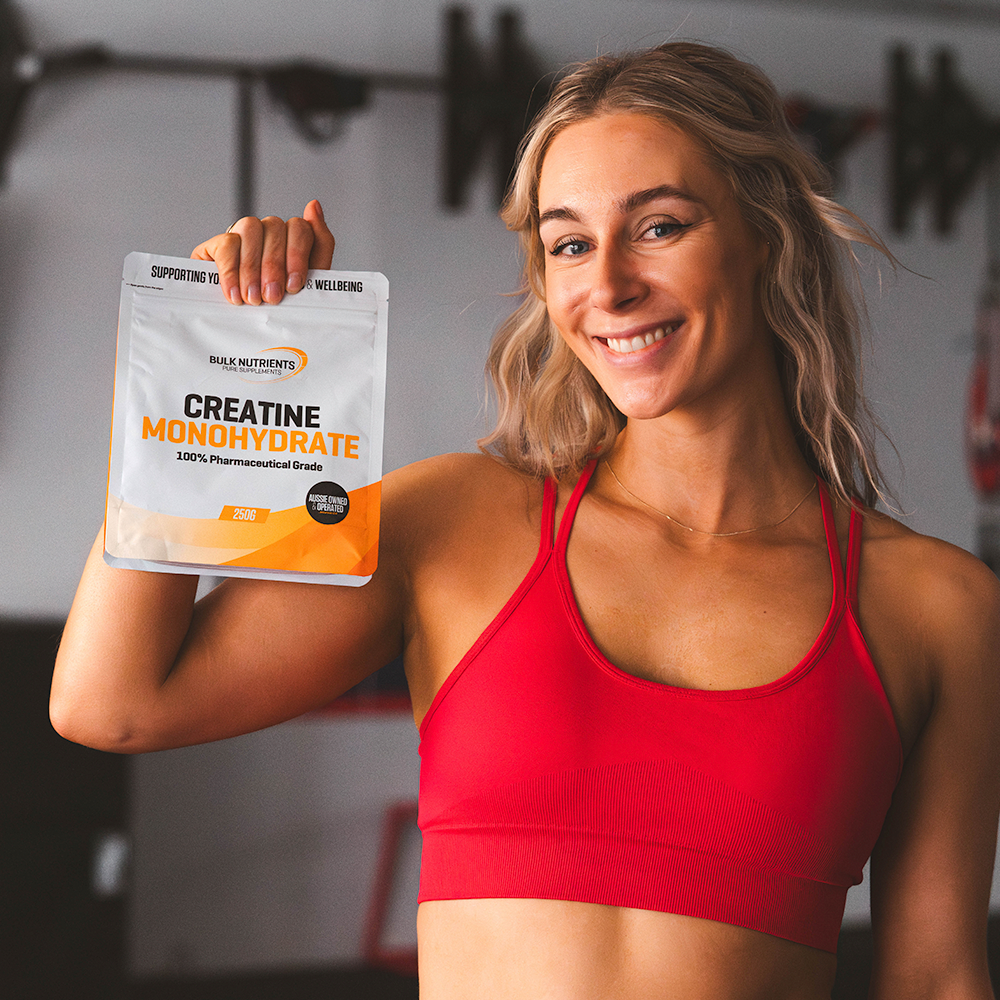A Biased View of Creatine Monohydrate
A Biased View of Creatine Monohydrate
Blog Article
Indicators on Creatine Monohydrate You Need To Know
Table of ContentsAbout Creatine MonohydrateThe 8-Second Trick For Creatine MonohydrateThe 10-Minute Rule for Creatine Monohydrate
The authors recognize a risk of prejudice with the research study layouts due to a requirement for more clarity over randomization with virtually all research studies included. Just 3 of the nineteen research studies thoroughly described the evaluation of VO2 max.
This differs from professional athlete to professional athlete. If weight gain through liquid retention is an issue, stop taking creatine 1-2 weeks prior to competing to counter fluid retention while retaining boosted creatine shops. Some people experience stomach pain when taking creatine, such as bloating, cramping, or looseness of the bowels. It is very important to keep in mind that not every person experiences intestinal distress while taking creatine, and it can frequently be taken care of by adjusting the dose or taking it with meals, as detailed by the International Culture of Sports Nutrition.
It's suggested to use it in powder type. Concerns about the long-lasting results of creatine monohydrate supplementation on renal (kidney) function have been elevated. However, research studies done by the International Culture of Sports Nourishment and Sports Medicine program that temporary and long-term usage link of creatine monohydrate within recommended dosages does not run the risk of kidney feature in healthy and read review balanced people.
Excitement About Creatine Monohydrate
None of the researches explored triathletes. The damaging impacts reported in the researches associated with weight gain. As pointed out, a lot of the studies made use of a higher-dose loading procedure (20g+/ day) in a short duration that might be balanced out and stayed clear of with a lower dosage (such as 5g/day) for a prolonged period.

Let's consider the primary advantages of creatine monohydrate. There is strong, reliable research study showing that creatine improves health and wellness. Overwhelming evidence sustains boosting lean muscle mass, increasing toughness and power, adding repeatings, reducing time to fatigue, improving hydration condition, and profiting brain wellness and function. Every one of these benefits will incrementally award your health and wellness and improve your "healthspan" as you age.
The bulk of creatine is saved in the skeletal muscles in a form recognized
as phosphocreatine, or creatine phosphate. Creatine help in the production of adenosine triphosphate, or ATP. Even if they never raised a weights, they would certainly still benefit from creatine supplements.
Report this page